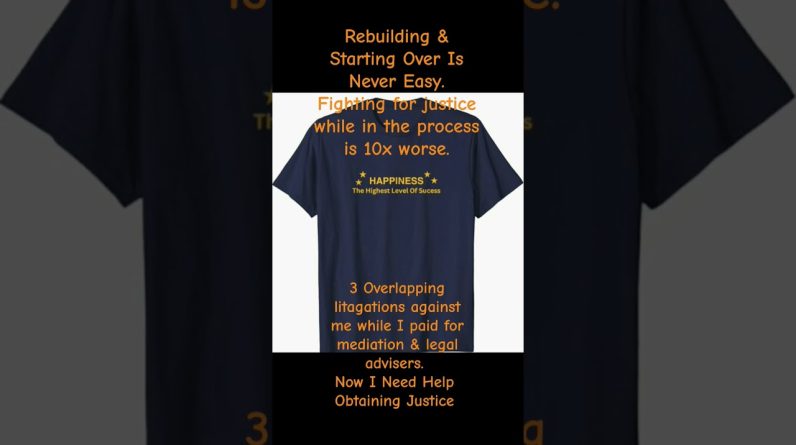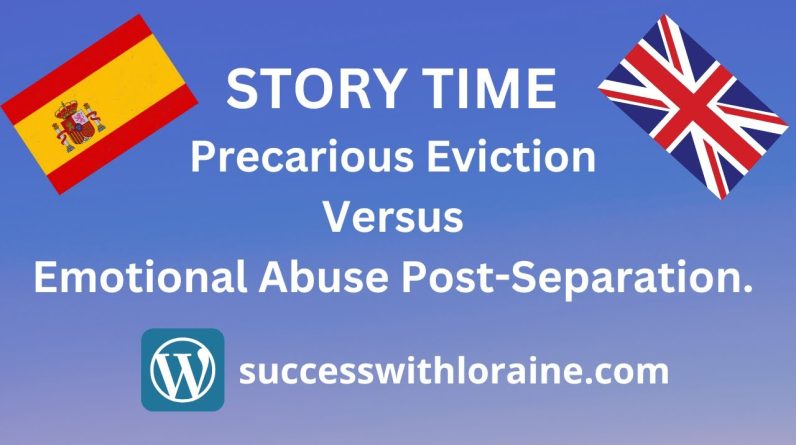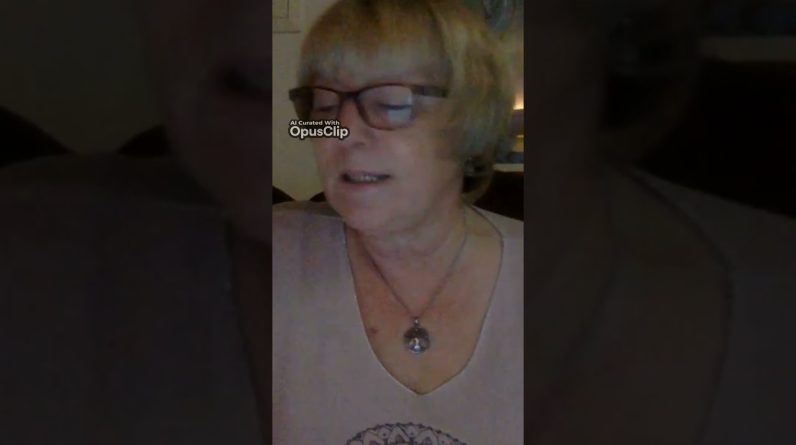Unveiling the Gender Violence in Precarious Forced Evictions: Protecting Women’s Rights
Today, we delve into a topic that often remains hidden in the shadows but is a harsh reality for many women around the world – precarious forced eviction at the end of intimate cohabiting relationships. We’ll explore why forced eviction should be recognized as an act of gender violence, emphasizing the importance of questioning motives and gathering evidence before any eviction orders are issued.
Precarious forced eviction occurs when a woman is compelled to leave her home at the end of an intimate cohabiting relationship, often the woman has been living “precarious” not having title to the property because it is registered solely in the name of the spouse or partner. This leaves her vulnerable and in cases of what is known as coercive controlling behaviours, there may be financial abuse, emotional and psychological abuse, and isolation from family and friends leaving her without a support system. This traumatic experience is more than just losing a place to live; it is an infringement on a person’s basic human rights, especially when we consider the gender dynamics involved.
Forced eviction can be seen as a form of gender violence due to the power imbalances that exist within intimate relationships. When a woman is forcibly removed from her home, it not only affects her physical well-being but also has profound emotional and psychological consequences often resulting in anxiety or trauma injuries. Recognizing forced eviction as a form of gender violence is crucial to addressing the underlying issues and ensuring justice for the victims.
Forced eviction can be seen as a form of gender violence due to the power imbalances that exist within intimate relationships. When a woman is forcibly removed from her home, it not only affects her physical well-being but also has profound emotional and psychological consequences often resulting in anxiety or trauma injuries. Recognizing forced eviction as a form of gender violence is crucial to addressing the underlying issues and ensuring justice for the victims.
To ensure a fair and just legal process, evidence should be a cornerstone of any eviction case. This involves not only hearing the plaintiff’s side but also giving due consideration to the defendant’s perspective. Judges should actively seek evidence of coercion, intimidation, or domestic violence in the relationship before issuing any eviction notices.
Understanding the complexities of intimate relationships is crucial in handling eviction cases. Judges must approach these situations with empathy and a keen awareness of power imbalances. A nuanced understanding of the dynamics at play will help in making more informed decisions that prioritize the safety and well-being of the individuals involved.
In conclusion, precarious forced eviction against women at the end of intimate cohabiting relationships is a critical issue that deserves our attention. By recognizing forced eviction as a form of gender violence, questioning motives, and establishing evidentiary standards, we can work towards a more just legal system that protects the rights of women in vulnerable situations. Let’s raise awareness about this issue and advocate for a fair and empathetic approach to eviction cases, ensuring that justice is served for all. Thank you for joining us on this important discussion, and don’t forget to like, share, and subscribe for more content on pressing social issues.






